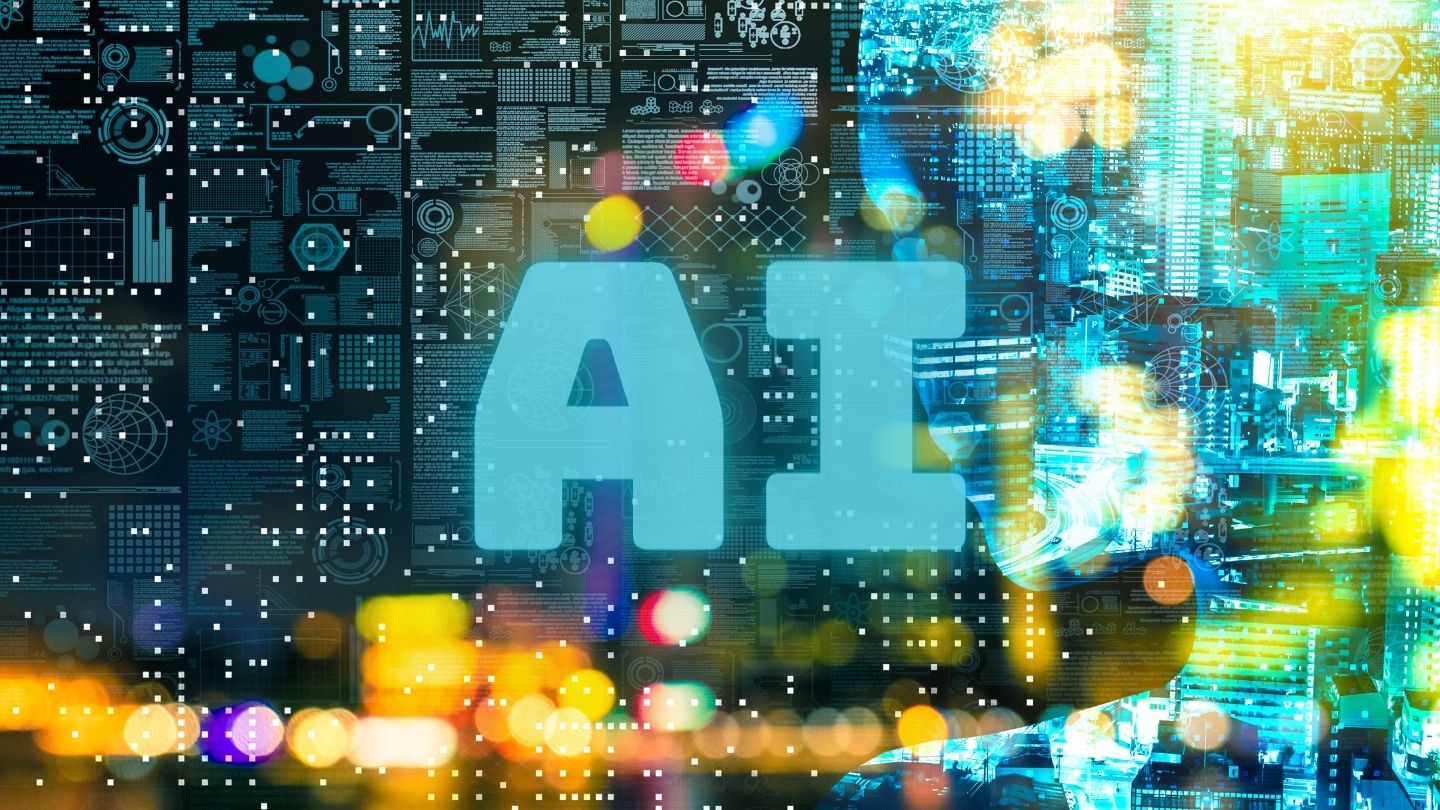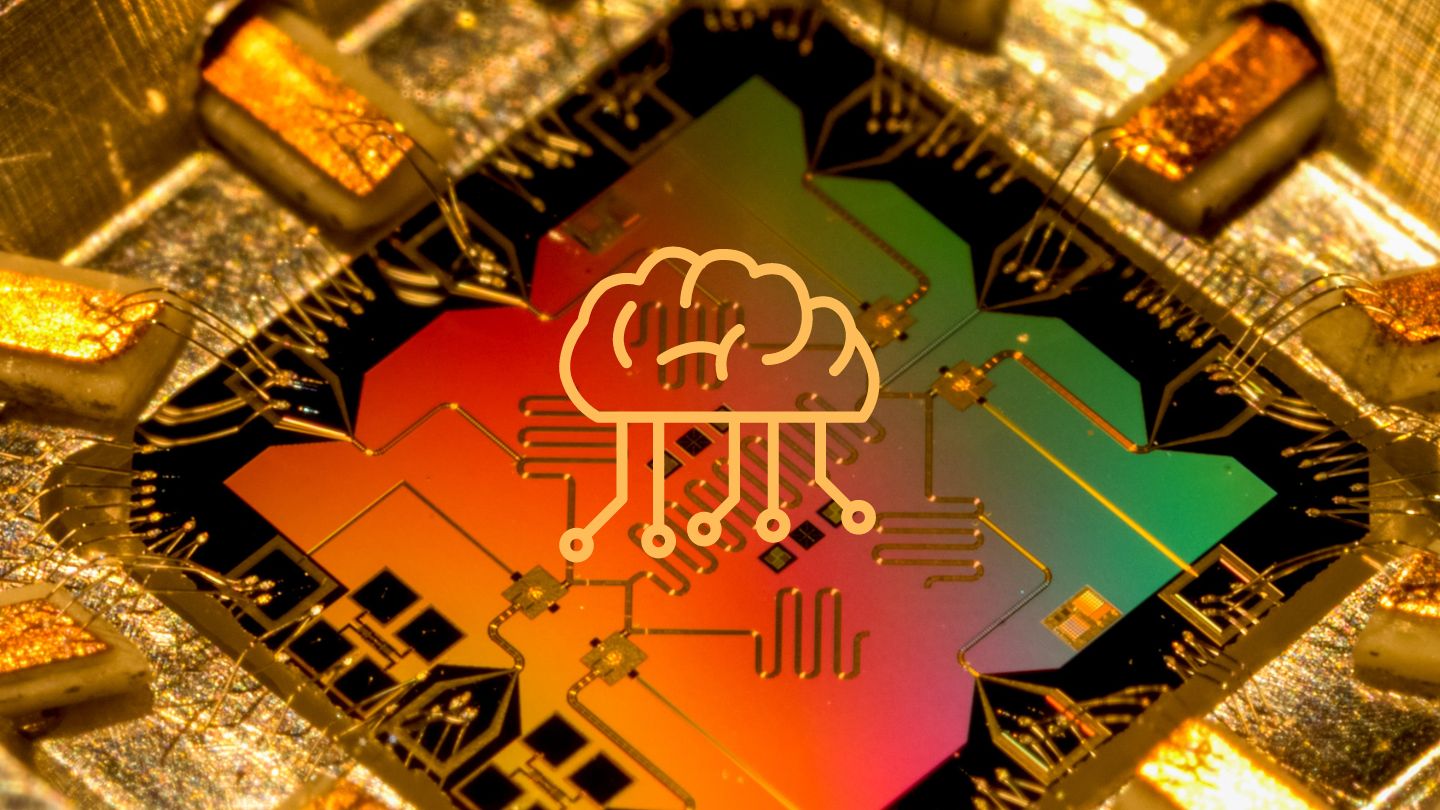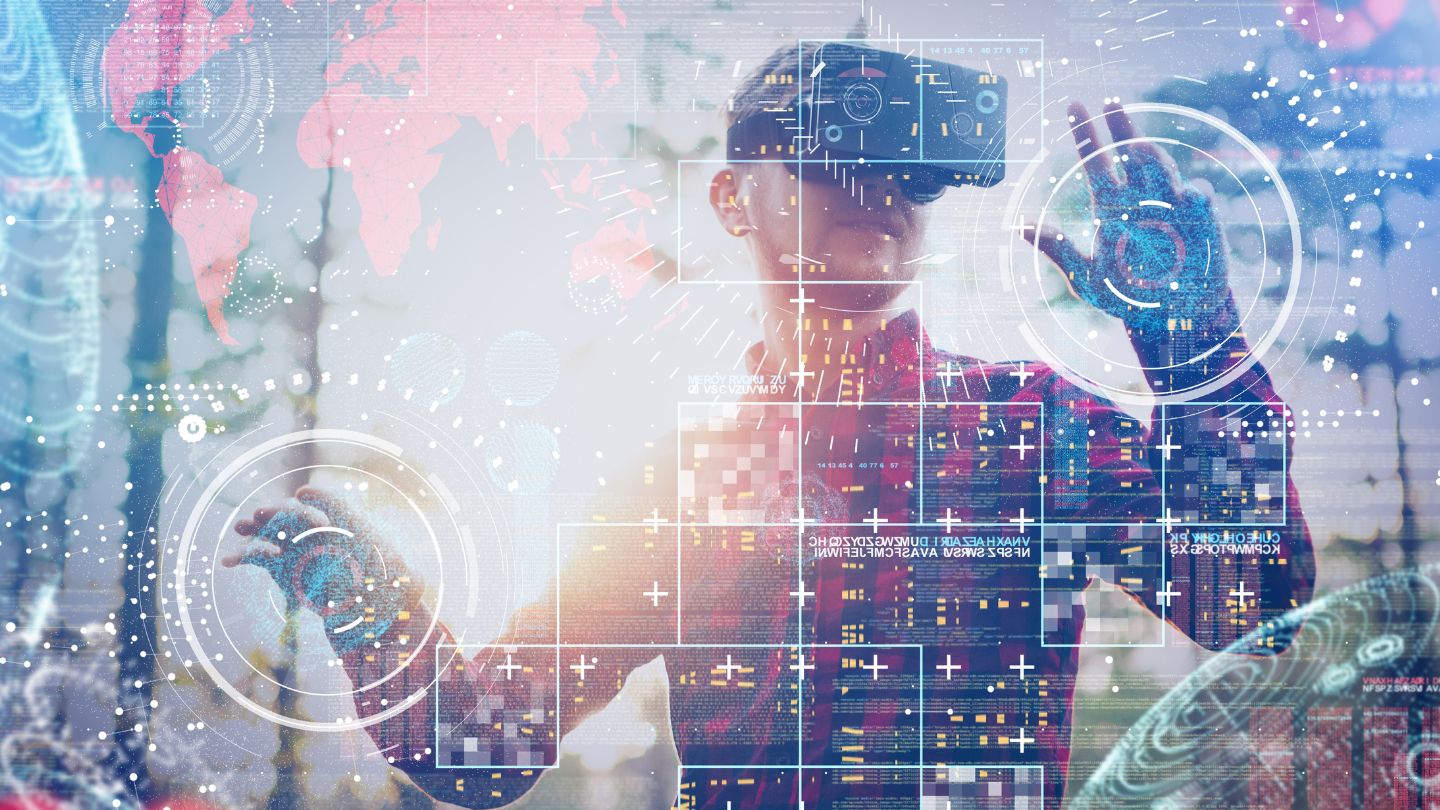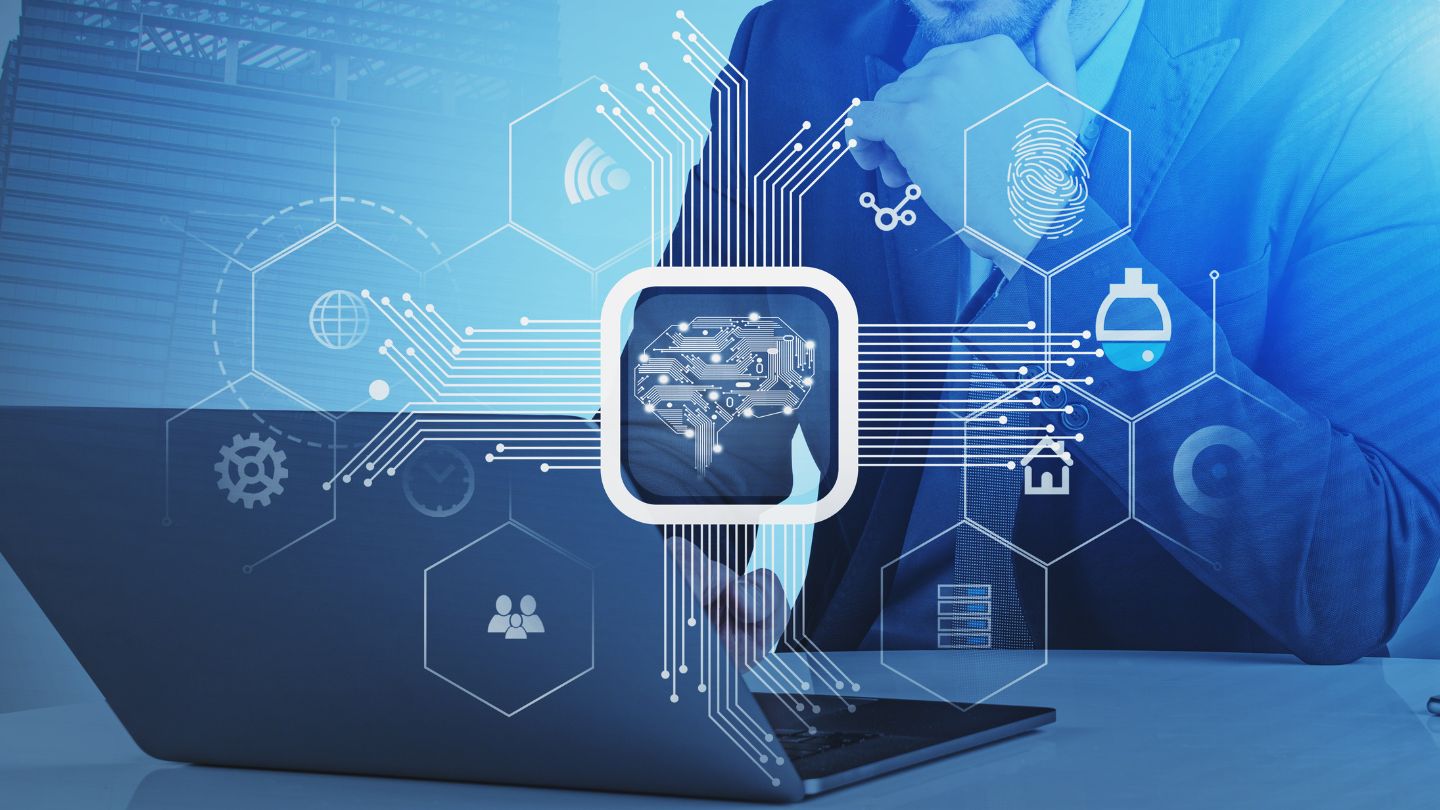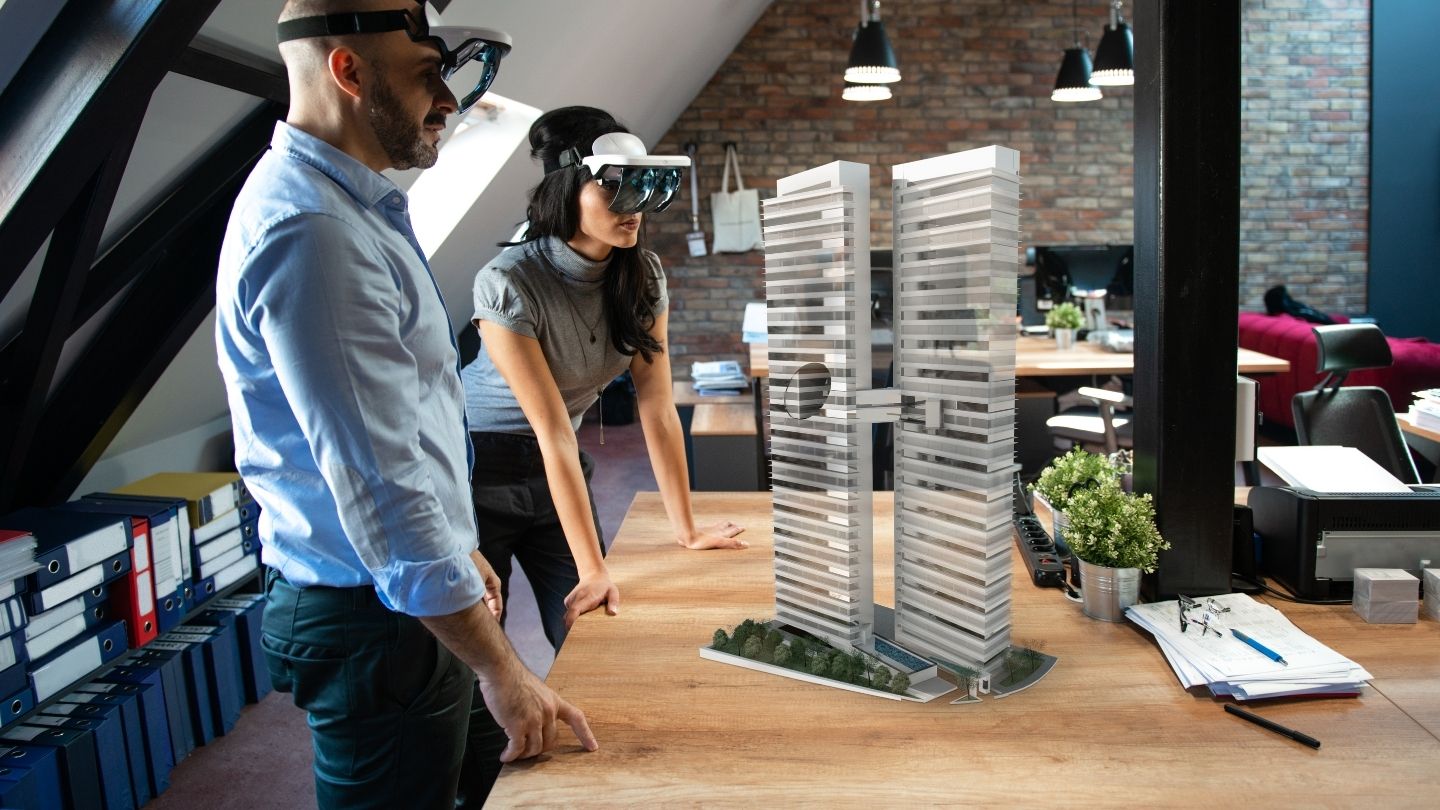Technology has transformed our lives in many ways, and one of the most fascinating aspects of this metamorphosis is the rise of Artificial Intelligence (AI). We are now at a point where AI is no longer just science fiction, with advancements in machine learning and natural language processing creating smart machines that can interact with us on an unprecedented level. This article explores how AI is currently reshaping various aspects of society and industry, acting as your personal guide through this exciting journey into the future of technology.
The Present State of Artificial Intelligence
As we take a closer look at today’s world, it’s hard to ignore the impact of AI across different sectors. From smart assistants providing customized recommendations to advanced manufacturing systems capable of analyzing vast amounts of data in real-time, AI is revolutionizing the way we live and work. Let’s check out some of the prominent examples:
AI-Powered Personal Assistants
One of the most ubiquitous displays of AI in our day-to-day lives are the virtual assistants, including popular examples like Apple’s Siri, Amazon’s Alexa, and Google Assistant. These intelligent companions have progressed rapidly since their first introduction, steadily acquiring new capabilities and skills that help fulfill our daily needs. They assist in managing schedules, controlling smart home devices, answering queries based on web searches, and even predicting weather conditions.
Healthcare Innovation
AI is quickly becoming a vital component in healthcare advancement, especially with its ability to analyze large volumes of data and detect patterns doctors may not notice. Applications range from remote patient monitoring to cancer detection, drug research, and mental health care support. AI-powered tools offer the potential for personalized medicine tailored to each individual’s genetic makeup and medical history, increasing the probability of successful treatments and outcomes.
Transportation Advancements
As autonomous vehicles become a reality, AI is playing a crucial role in ensuring their safety and functionality. Advanced algorithms enable vehicles to navigate the world with minimal human intervention by recognizing traffic conditions, sensing and avoiding hazards, and responding to changing road environments swiftly. It’s predicted that these developments will eventually lead to reduced congestion, fewer accidents, and efficient fuel consumption.
The Future Impact of Artificial Intelligence
While current applications of AI are already transforming how we function daily, we’re only just beginning to scratch the surface of its potential. As research continues at an exponential rate, the future possibilities of AI integration into society and industry appear limitless, touching upon aspects such as climate change, food production, communication, and beyond.
Tackling Climate Change and Environmental Issues
The environmental crisis calls for innovative solutions to reduce our carbon footprint on the planet, and AI offers promising opportunities for doing so. With advanced machine learning techniques capable of predicting global weather patterns, providing early warnings for natural disasters like earthquakes, or monitoring deforestation in real-time, AI can play an essential role in helping mitigate the effects of climate change and preserve our environment for future generations.
Sustainable Agriculture
Food scarcity poses a significant challenge to our growing population, but AI has potential solutions lined up to support sustainable agriculture practices. From precision farming methods such as detailed field mapping, optimal planting strategies rooted in vast data analysis, and drone-based crop monitoring, farmers can leverage AI’s power to enhance productivity while minimizing resource waste and environmental damage. These approaches would help address global food security concerns and ensure healthy food for all.
Revolutionizing Communication
As AI capabilities in natural language processing and understanding advance, it is expected that future communication will see a profound shift. Seamless interactive translations for multilingual interactions may become commonplace, breaking down language barriers and allowing better cooperation across countries. Additionally, AI-enhanced virtual reality experiences may redefine how we connect with one another online, opening up incredible opportunities for immersive, personalized communication.

Preparing Society for the Age of Artificial Intelligence
With such transformative potential at our doorstep, it’s vital to consider how society can proactively adapt and embrace this new technological era. As AI becomes an integral part of our lives, we’ll need to address questions about machine ethics, data security, and workforce adjustments. Cross-disciplinary efforts involving researchers, policymakers, industry leaders, and educators are required to ensure that AI-related advancements deliver genuine benefits while minimizing risks.
Adapting the Workforce
The adoption of AI systems in industries around the world raises concerns over job displacement and workforce changes. On the upside, these shifts present opportunities for workers to upskill by learning new abilities, transitioning into more creative or managerial roles as machines take over manual tasks. Governments and educational institutions will likely play a key part in developing programs and policies to support workforce adaptation in the age of AI.
Data Privacy and Security
AI advancements bring along increased concerns over personal data privacy and protection, especially with smart devices constantly collecting and sharing information about users. Stringent governance regarding data collection, storage, and usage needs to be formulated alongside technology development. This ensures people’s rights to privacy are upheld while AI continues evolving.
Ethics in AI Development
Finally, ethical considerations remain a significant concern during AI research and implementation. As our reliance on autonomous decision-making systems grows, the question of accountability in cases of error or bias rises. Developing AI algorithms that exhibit transparency and fairness is central to alleviating ethical concerns surrounding this technology.
In summary, the impact of Artificial Intelligence on our lives is undoubtedly vast and ever-evolving. Though there are challenges we face when integrating AI into various aspects of society, its transformative potential remains profound. By actively adapting to this new era, focusing on ethics, privacy, and workforce education, we can fully embrace a brighter future driven by AI’s incredible advancements.

